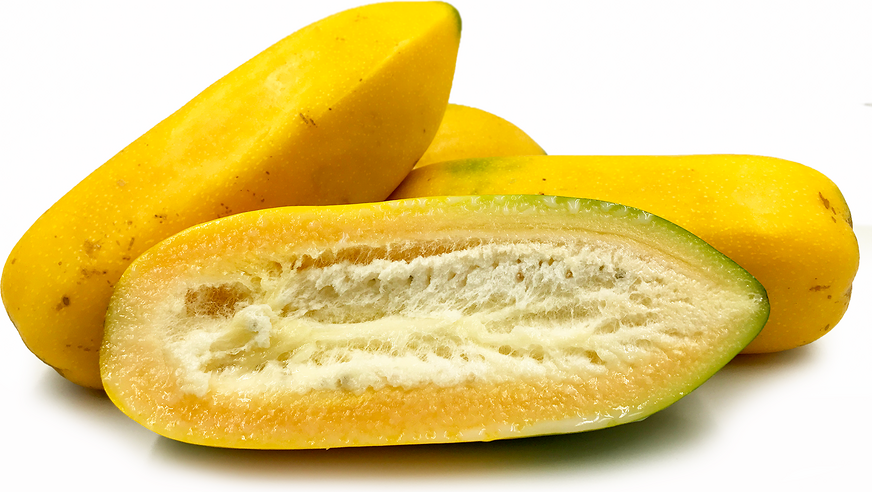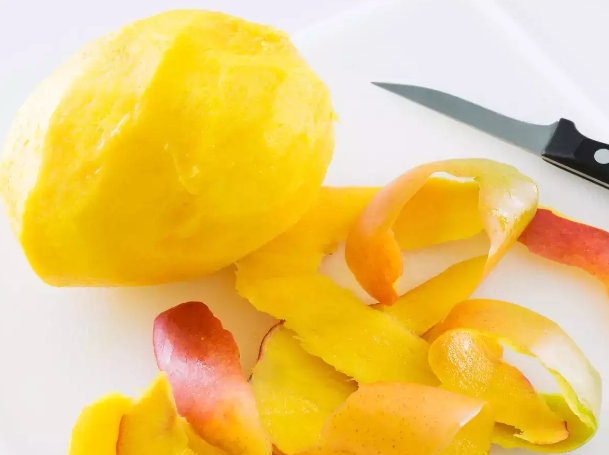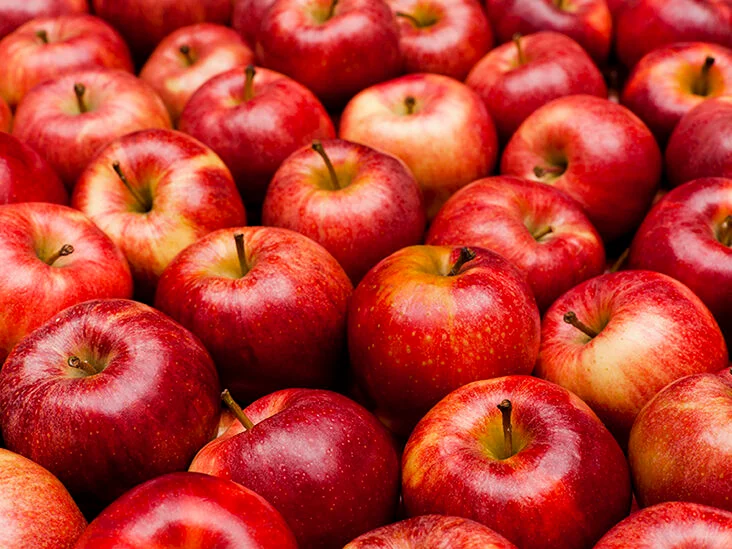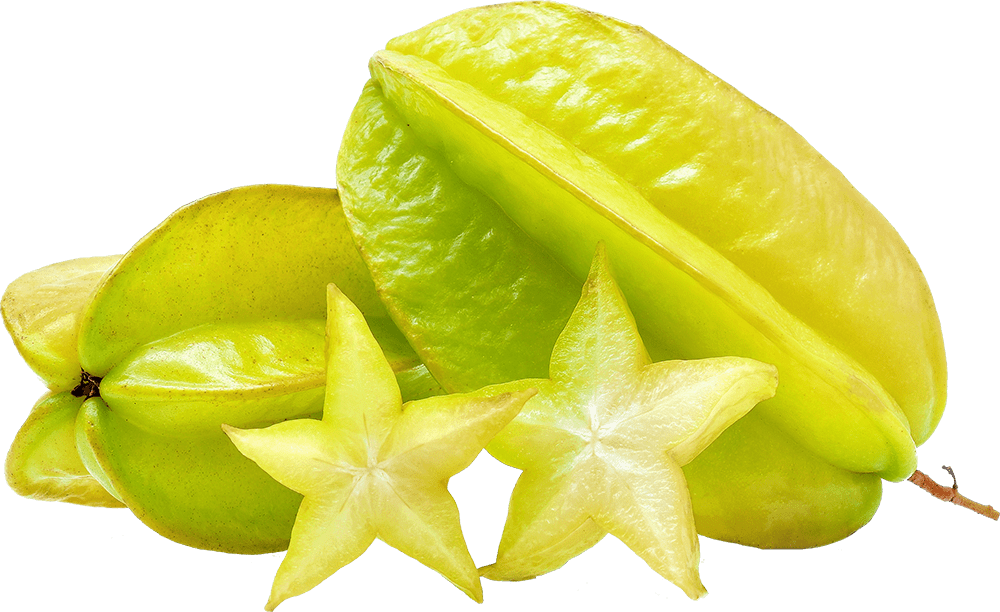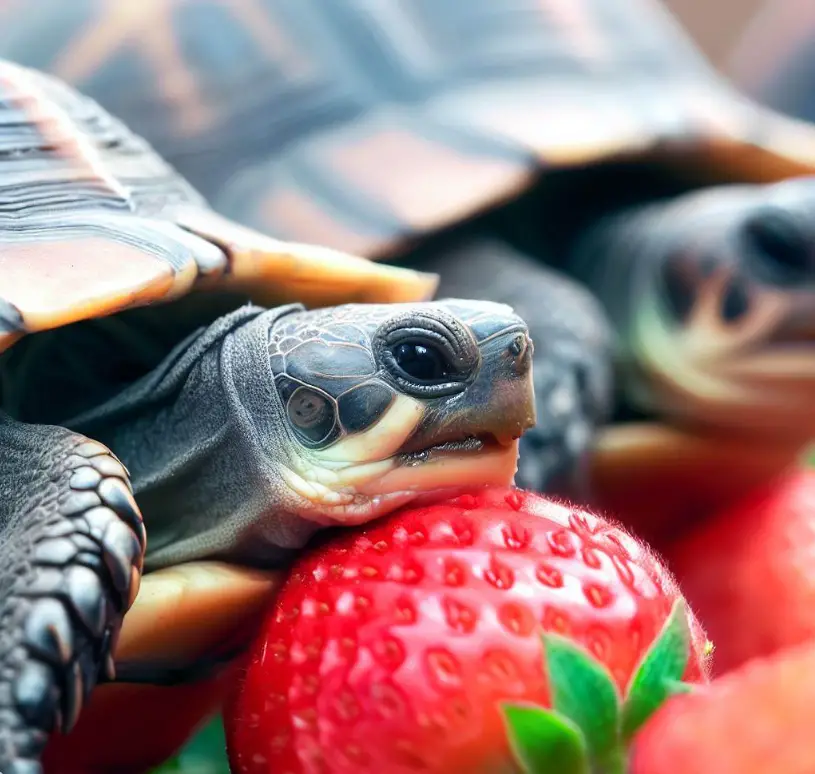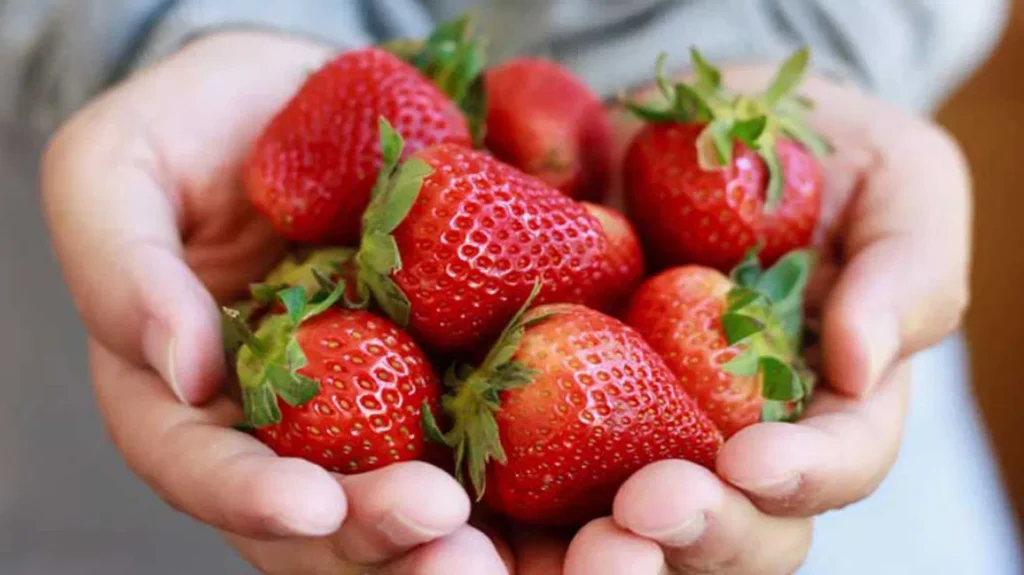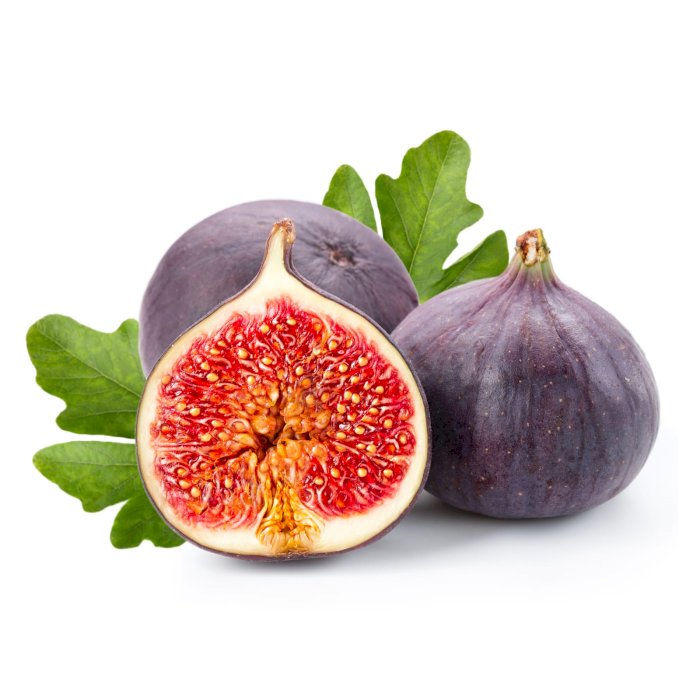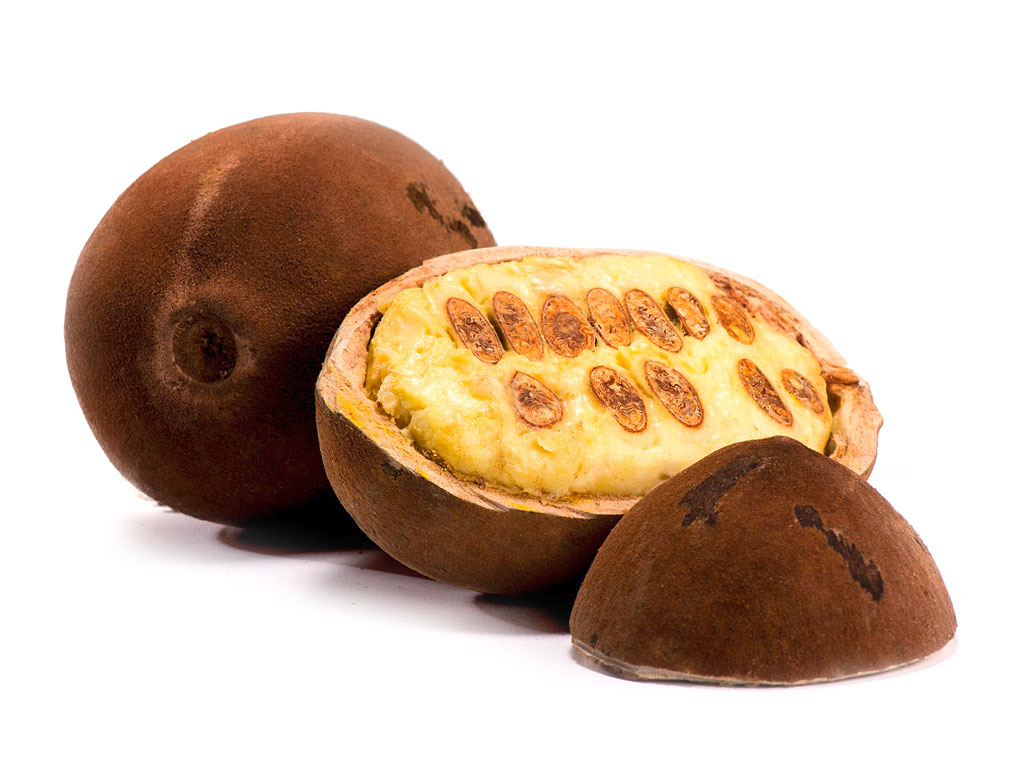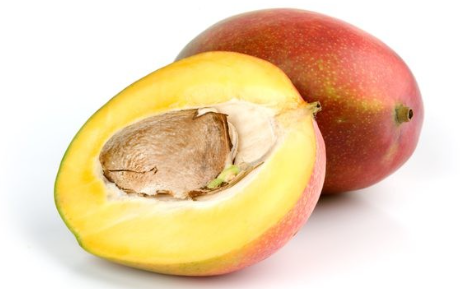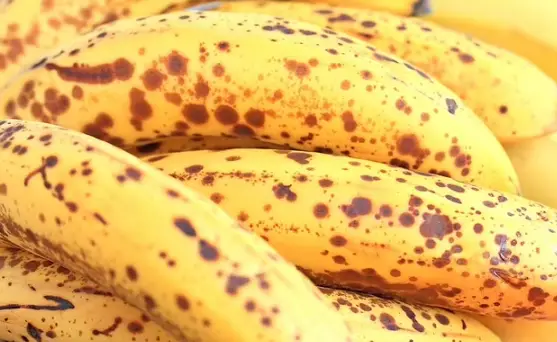Apples are delicious and seem safe, but inside their seeds is something shocking. Seeds in fruits have a substance called amygdalin that can turn into hydrogen cyanide when you eat it. Some seeds are more dangerous than others. But, out of all the everyday fruits, which seed has the most cyanide?
Cyanide is a deadly chemical that stops your cells from using oxygen. Even tiny amounts can kill. A lot of fruit seeds have amygdalin, which is a mix of cyanide and sugar. When you chew or grind the seeds, an enzyme breaks down the amygdalin, and cyanide gas is set free.
Because of this danger, most folks avoid eating apple cores or apricot pits raw. Yet, tiny bits of cyanide aren’t harmful. In fact, some natural health doctors say amygdalin from apricot seeds can fight cancer. But how much cyanide is really too much?
Table of Contents
Breaking Down Cyanide in Fruit Seeds
Lots of fruits have a small amount of poison tucked inside – it’s nature’s way to keep animals from eating the seeds, so new plants can grow from them.
Fruits from the stone fruit family, like cherries and peaches, have the most amygdalin. But which one has the most cyanide? Here’s a closer look at some everyday fruit seeds.
1. Bitter Almonds
Bitter almonds, not to be confused with the sweet kind, have the most amygdalin. They have about 50 times more than sweet almonds. Eating just 3-4 raw bitter almonds could kill you because of the cyanide.
2. Apricot Pits
Apricot seeds aren’t much better than bitter almonds. It takes about 3-5 raw pits from apricots to be lethal, but it can vary depending on the size of the pit and the type of apricot.
3. Peach Pits
Peach pits also have the dangerous chemical, though not as much as apricot seeds. You’d find about 60-80 milligrams of cyanide in 100 grams of peach pits. While not as high as others, it’s still risky.
4. Apple Seeds
Apples are everywhere, and each one has around five seeds. Those seeds have about 0.6 mg of amygdalin each. That’s not enough to be poisonous, but if you keep eating them, the danger adds up.
5. Cherry Pits
Cherry pits also have amygdalin, but less than their other stone fruit cousins. With about 2-3 mg per 100 grams, the risk mostly comes from eating them over and over again.
Other Fruits
Plum pits, pear seeds, grape seeds, and others also have amygdalin but usually under 5 mg per 100 grams. It’s fine to accidentally eat a few, but eating them a lot can build up the poison in your body.
In the family of fruits called Prunus, it’s the seeds that have “almond” in their names that have the most cyanide. Bitter almonds, apricot pits, and peach pits have the most. Even seeds from apples and cherries can be dangerous if you eat a lot of them.
How to Enjoy Fruits Without the Seed Risk
Normally, the tiny bit of amygdalin that might get swallowed while you eat whole fruits isn’t dangerous. To actually get poisoned, you’d need to eat many seeds on purpose.
Aside from bitter almonds, which are illegal in a bunch of places, there’s no reason to worry about fruits with cyanide parts. Still, here are some easy tips to avoid eating amygdalin:
- Take out the apple cores, cherry pits, and seeds from citrus fruits before you eat or make juice.
- If you’re having stone fruits like apricots, peaches, and plums, open up the pits and throw away the seed inside.
- Don’t chew, crush, or grind fruit seeds. Broken seeds can give off a lot more cyanide.
- Keep away from pets and kids, who can be poisoned easier than adults.
- Never eat seeds that smell or taste bitter or like almonds, except for sweet almonds, which are safe.
Cyanide in seeds is how plants protect their young. Our bodies can handle small bits of it just fine. With a little bit of care, you can keep eating your favorite fruits without worrying about the hidden poison.
So, go ahead and bite into that apple, enjoying its juicy taste. Just remember to stay away from the center and the seeds to avoid any chance of cyanide danger!
